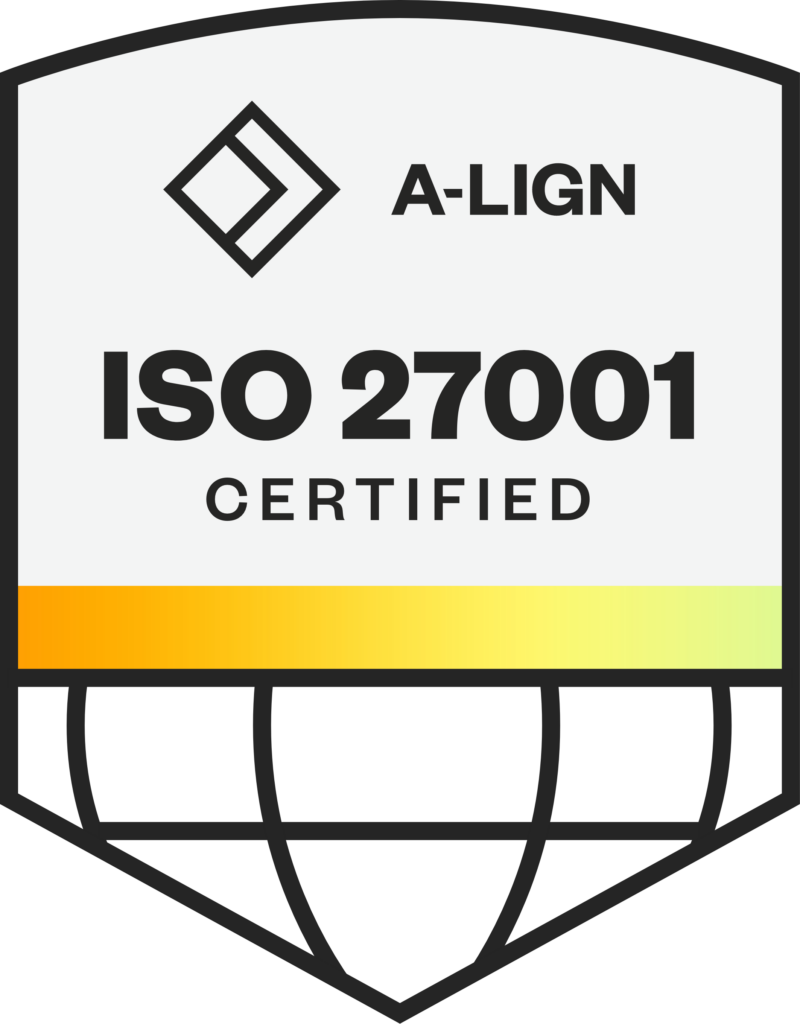Data Center Infrastructure Management (DCIM) is a comprehensive solution that helps data center operators efficiently manage and optimize their data center resources. Sustainability plays a crucial role in DCIM for many reasons:
- Energy Efficiency: Sustainability in DCIM is often associated with improving energy efficiency. Data centers are known for their high energy consumption and making them more sustainable involves reducing their environmental impact by minimizing energy use. DCIM tools can monitor and analyze carbon usage effectiveness (CUE), power usage effectiveness (PUE), water usage effectives (WUE) and other metrics to identify areas where efficiency improvements can be made. By optimizing cooling, server placement, and other factors, data centers can reduce their energy consumption and greenhouse gas emissions.
- Resource Optimization: Sustainable DCIM involves optimizing the use of server capacity and utilization, floor space, and cooling resources. By efficiently allocating resources based on demand and performance requirements, data centers can reduce waste and minimize their environmental footprint. DCIM tools provide insights into resource utilization, helping operators make informed decisions to optimize these resources.
- Renewable Energy Integration: Many data centers are exploring the use of renewable energy sources, such as solar and wind power, to reduce their reliance on fossil fuels. DCIM systems can help monitor and manage the integration of renewable energy sources into the data center infrastructure. They can also provide data on the effectiveness of renewable energy sources in powering the data center and reducing carbon emissions.
- Carbon Footprint Tracking: Sustainability in DCIM involves tracking and reporting on the carbon footprint of data center operations. DCIM tools can collect data on energy consumption, calculate carbon emissions, and generate reports that help organizations understand their environmental impact. This data can be used for sustainability reporting and to set reduction targets.
- Equipment Lifecycle Management: Sustainable DCIM practices also encompass the proper management of IT equipment throughout its lifecycle. This includes responsible disposal or recycling of outdated equipment to reduce electronic waste (e-waste). DCIM systems can help track equipment lifecycles, maintenance schedules, and end-of-life processes, ensuring that equipment is managed in an environmentally responsible manner. The current best of breed DCIMs utilize machine learning and allow for predictive and condition-based monitoring.
- Environmental Compliance: Data centers often need to adhere to environmental regulations and standards related to energy efficiency and emissions. DCIM tools can assist in ensuring compliance by providing the necessary data and reporting capabilities to demonstrate that the data center is meeting these requirements.
- Cost Savings: Sustainability in DCIM isn’t just about reducing environmental impact; it also leads to cost savings. By optimizing resource usage and energy efficiency, data centers can lower their operational expenses, including electricity bills. This financial aspect is often a strong motivator for organizations to adopt sustainable practices in their data centers.
In summary, DCIM can help data centers meet their sustainability objectives as it helps them reduce their environmental impact, improve energy efficiency, save costs, and ensure compliance with environmental regulations. DCIM tools provide the data and insights necessary to make informed decisions and drive sustainability initiatives in data center operations.
Consider Modius® OpenData® DCIM
If you are a data center or critical facility looking for a next-generation DCIM solution that can support your ESG objectives including reporting and compliance, consider Modius OpenData.
OpenData is a ready-to-deploy DCIM featuring an enterprise-class architecture that scales incredibly well. In addition, OpenData gives you real-time, normalized, actionable data accessible through a single sign-on and a single pane of glass. Ask us how you can monitor several hundred thousand data points a minute!
DCIM will become an increasingly valuable tool for success so selecting the right vendor is critical. We are passionate about helping clients run better facilities. We have been delivering DCIM solutions since 2007. We are based in San Francisco and are proudly a Veteran Owned Small Business (VOSB Certified). You can reach us at sales@modius.com or 1-888.323.0066.




